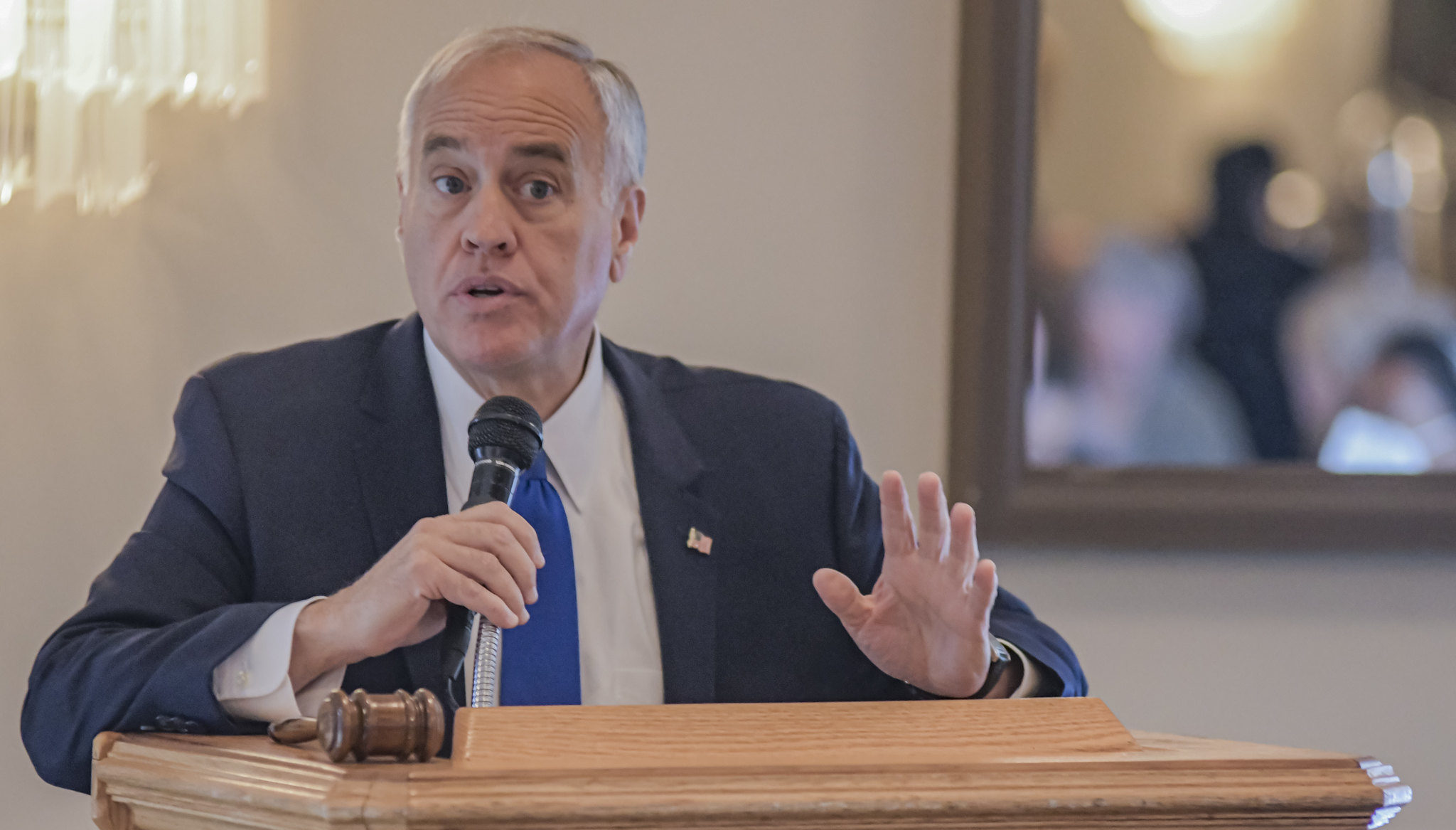The entire topic of climate change and how we are handling it (not...really) really makes me wonder if capitalistic systems and influences will simply lead us right into complete ruin.
It's amazing how much of "not doing enough" is always because "it will cost too much" or "there's no money (or not enough) to be made doing it that way"
Capitalism as it’s implemented has some assumptions and holes that create problems:
- Costs need to be properly internalized for “true pricing” to exist. If a cost can be externalized (or socialized), then we lose the “true pricing” and our ability to judge options is now distorted. We generally suck at pushing towards true pricing, and thus live with distorted comparisons.
- It is assumed that resources can be finite under supply and demand, but the impact of a resource becoming depleted is not considered in terms of costs. So we suck at the ability to plan ahead when it comes to looming cliffs, because those cliffs basically don’t factor in on anything Capitalism uses as measurements.
- One you get into the Libertarian strain especially, it’s assumed people can be considered rational actors. Clearly we ain’t.
Some examples:
- Coal power plants price power based on the cost of labor and materials. But the costs associated with the waste are not generally part of the calculation. The fly ash that gets sent into the air is a socialized cost. Bottom ash that gets dumped improperly is a socialized cost. So coal power’s price per kWh is lower than it’s true price generally should be. This distorts our ability to judge if coal is truly “cheaper” than other forms of power.
- On the above point, CO2 waste from industry in general is another socialized cost. So anything that emits CO2 waste is underpriced as well.
- Regulations can made to force costs to be internalized, but we also face regulatory capture as companies seek to externalize costs whenever possible. So the fight becomes over how to define what makes up the cost of a good, via subsidies (of which infrastructure is one), or regulations (like the clean air act).
- Speaking of infrastructure, our choices in how we develop infrastructure restricts options. Creating car dependent infrastructure can create costs on society by requiring the use of certain technology/goods, to the exclusion of other options. So now we have a distorted market because a car is a requirement to be a productive adult. Even though it is probably the most expensive way to handle transportation (when talking about total costs paid by people on the whole).
This is not a defense of Capitalism. It’s more to point out that implementing ideal Capitalism where resource depletion is handled better, and true pricing is not just a fantasy is
hard because
people. So I tend to not believe pure Capitalism is something we could ever achieve. Too many seek to distort pricing in ways that create problems like we have now, or we don’t even learn what costs have been externalized until much later.





